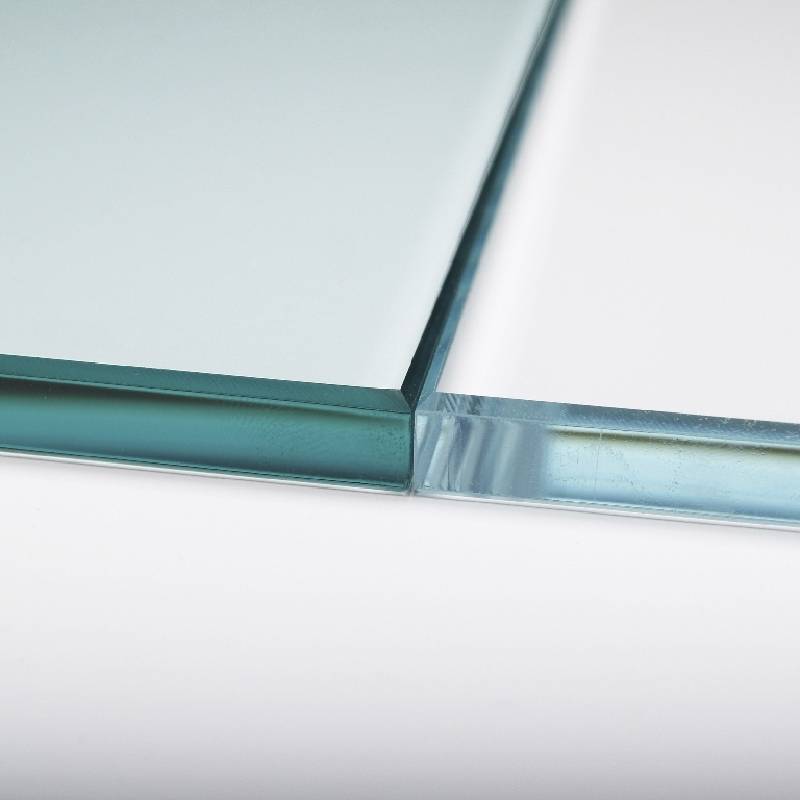Toughened plain glass, also known as tempered glass, is a type of safety glass that is processed using thermal or chemical treatments. This glass is known for its increased strength and durability compared to regular glass, making it a popular choice for various applications.
One of the key features of toughened plain glass is its ability to withstand higher impact and thermal stress. This is achieved through a process called tempering, where the glass is heated to very high temperatures and then rapidly cooled. This process creates internal stresses within the glass, giving it its toughened properties.
Due to its strength, toughened plain glass is commonly used in architectural applications such as doors, windows, and facades. It is also used in furniture such as tabletops and shelves, as well as in automotive applications such as windshields and side windows. The increased safety and resistance to breakage make toughened plain glass a preferred choice in these applications.
In addition to its strength, toughened plain glass also has the benefit of shattering into small, blunt pieces when broken, reducing the risk of injury from sharp glass shards.
This makes it a safer option for use in high-traffic areas or places where breakage is a concern toughened plain glass
toughened plain glass.
Another advantage of toughened plain glass is its resistance to thermal stress. This property makes it ideal for use in areas with extreme temperature fluctuations, such as shower enclosures or glass doors in cold climates. The ability to withstand thermal stress without breaking or cracking adds to the longevity of toughened plain glass.
Despite its many advantages, toughened plain glass is not without its limitations. While it is more resistant to impact than regular glass, it is still vulnerable to breakage under extreme force or pressure. Care should be taken to handle and install toughened plain glass properly to prevent damage.
In conclusion, toughened plain glass is a versatile and durable material that offers increased strength and safety compared to regular glass. Its ability to withstand impact and thermal stress, as well as its resistance to shattering, make it an ideal choice for a wide range of applications. Whether used in architecture, furniture, or automotive industries, toughened plain glass continues to be a popular choice for its many beneficial properties.


